Ethics in operational research
Module 3
In this module
This module contains two sessions: 1) covering the main ethical principles guiding social science research, including formal ethical requirements and the importance of gaining community approval (Session 3.1), and 2) introducing practical considerations for how to translate and apply ethical principles to fit local communities and contexts (Session 3.2).

Ethical principles and approvals for social science research in a humanitarian/emergency context
3.1
Content
The session covers the main ethical principles that should guide social science research – an important responsibility of the researcher which must be upheld. This session discusses formal ethical requirements and approval processes and what happens when formal approvals are either not possible or not clear. It also explains the importance of gaining community approval and how this might be achieved.
Learning outcomes:
- Know the key ethical principles that guide social science research
- Become familiar with the different ethical requirements and approval processes when doing operational social science research in a humanitarian context
- Understand the importance of gaining community-level approvals
Duration: 100 minutes
Materials
Additional materials
Promoting the meaningful translation and application of ethical principles
3.2
Content
The session discusses how research teams and practitioners working in community engagement and/or communications during an emergency response, can translate and apply ethical principles to fit local communities and contexts.
Learning outcomes:
- Know the common challenges of translating and applying ethical principles in practice, especially in emergency/humanitarian contexts
- Know strategies of how to more successfully apply ethical principles to research activities that inform community engagement and/or communications activities
Duration: 105 minutes
Materials
Modules
The training modules were developed to address key social science competency domains for those working in community engagement and/or communications related fields. Each module is made up of multiple sessions. Each individual session has a specific focus and learning outcome, which relates directly to the competency statement developed for each domain.

Guidance for delivering training
0
1
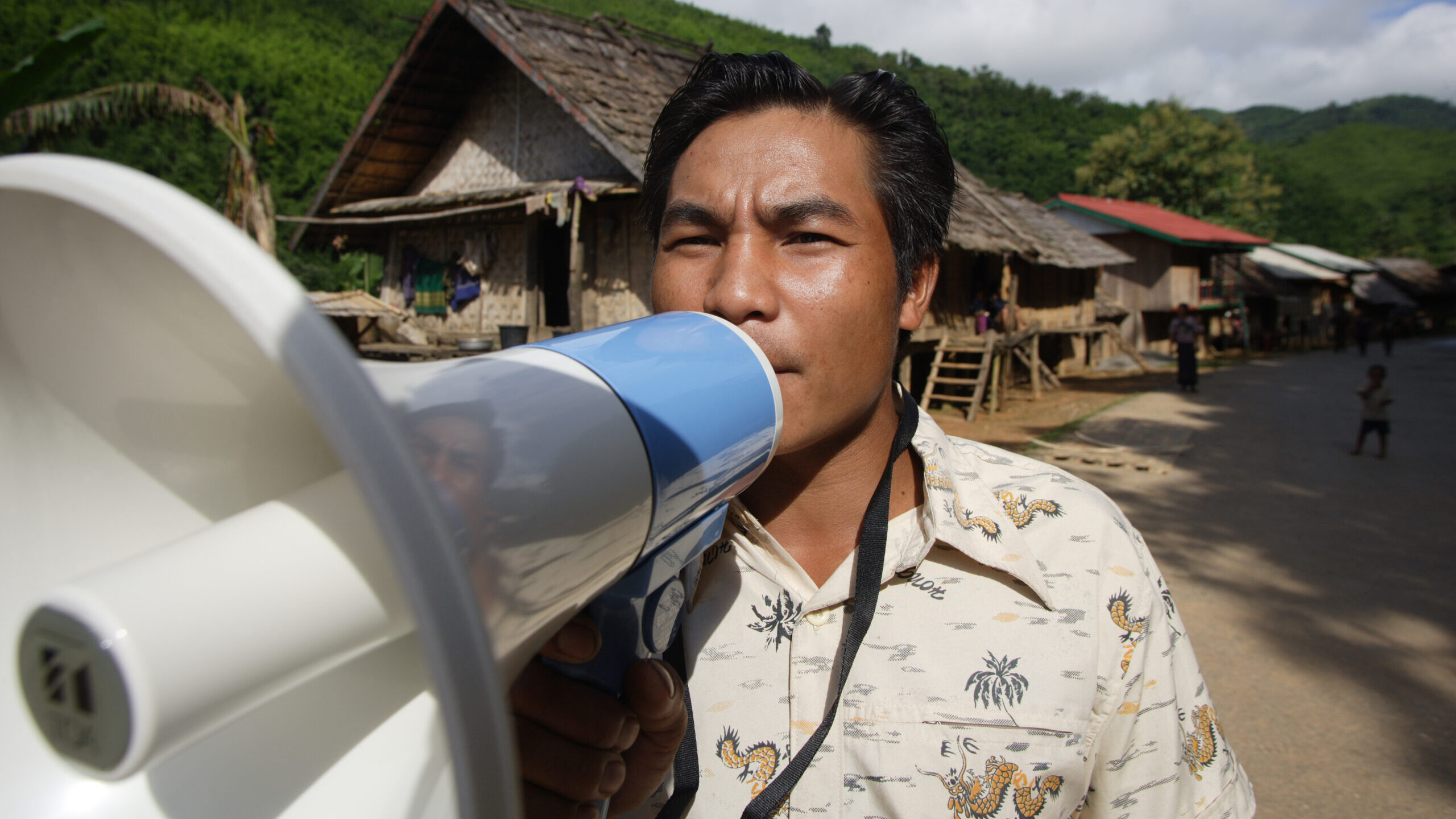
Social Science in humanitarian action and health emergencies
2

Context analysis and behavioural drivers and barriers
3

Ethics in operational research
4
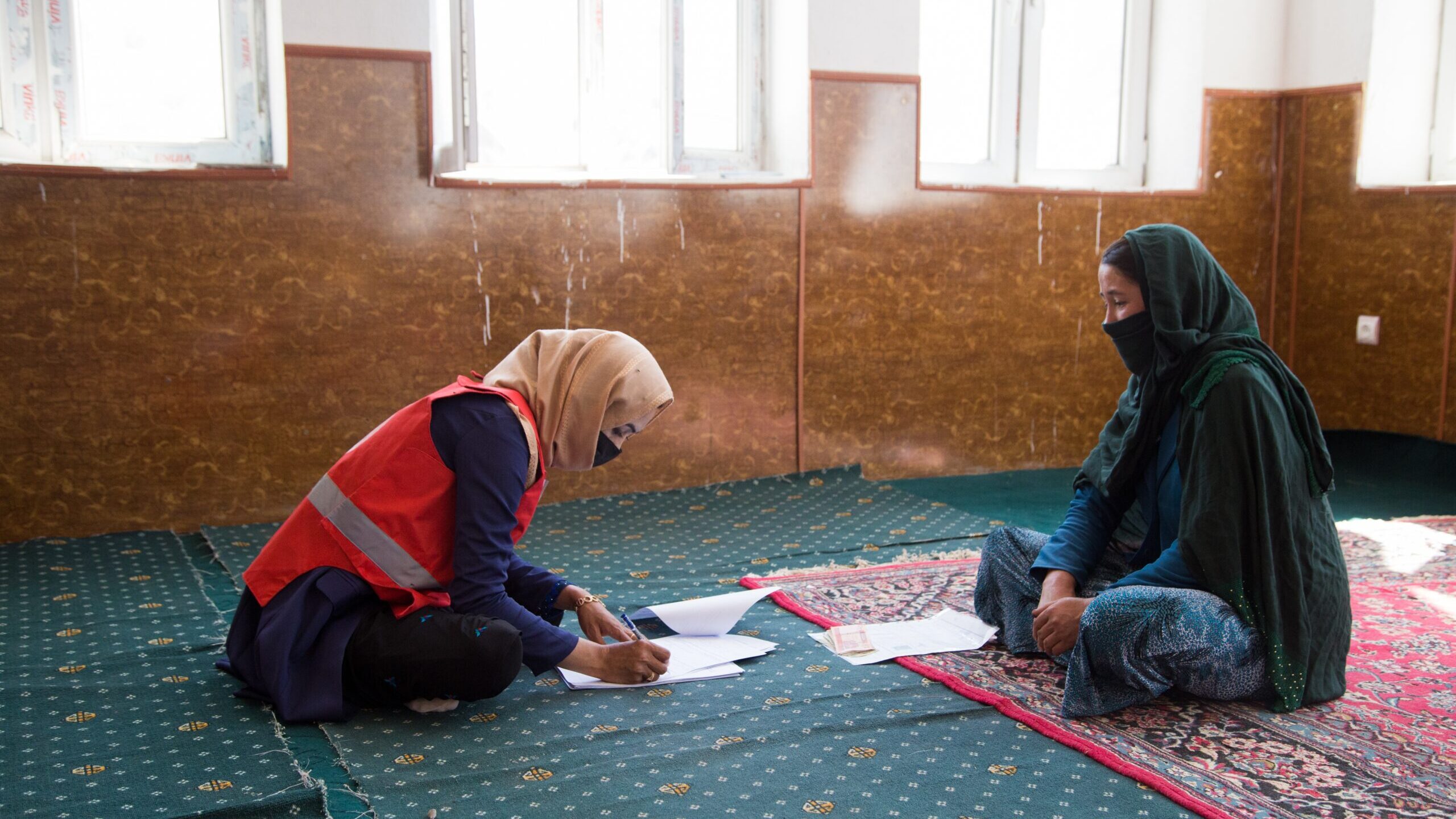
Implementation of social science research approaches
5
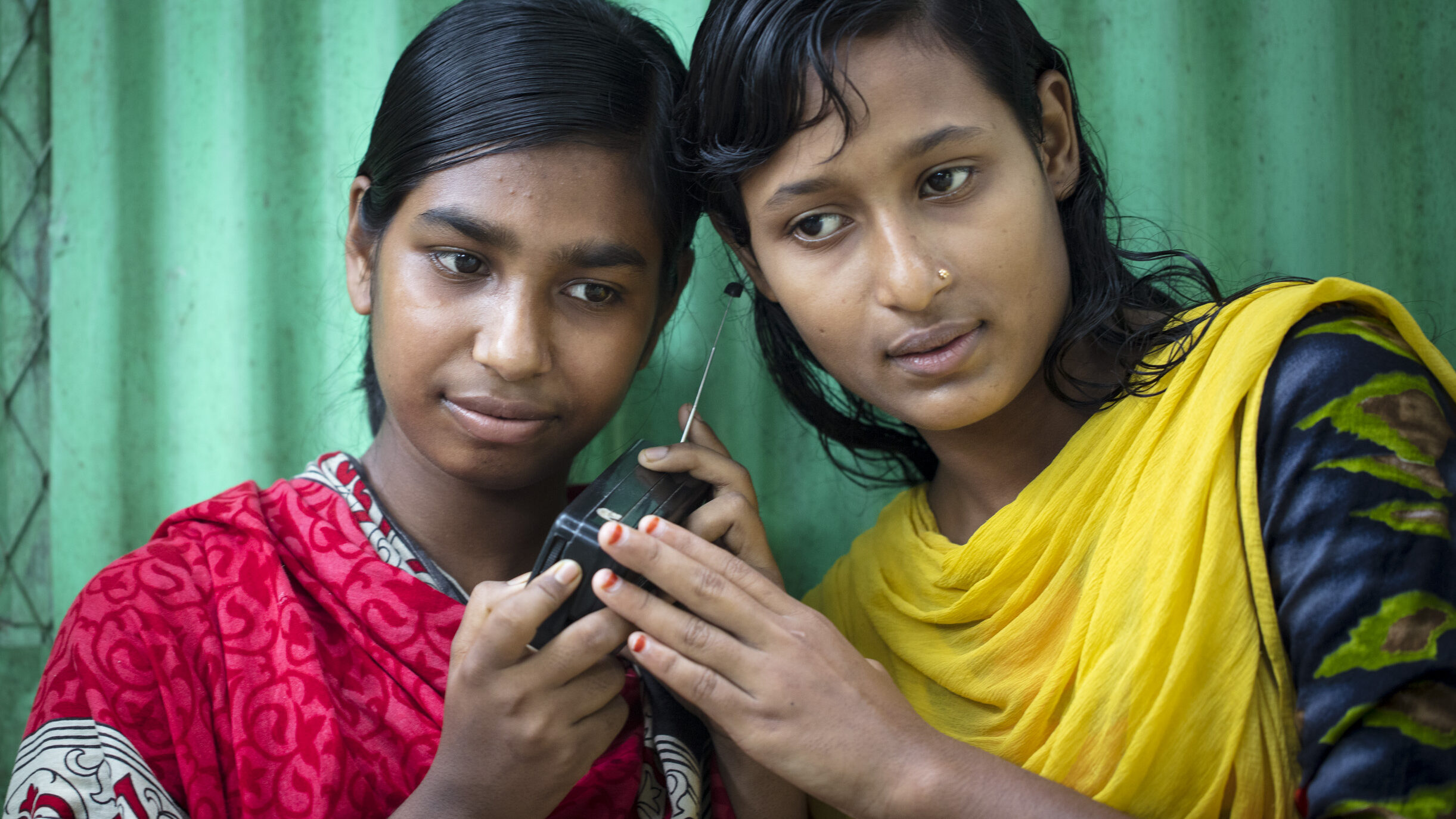
Evidence synthesis, interpretation and dissemination
6
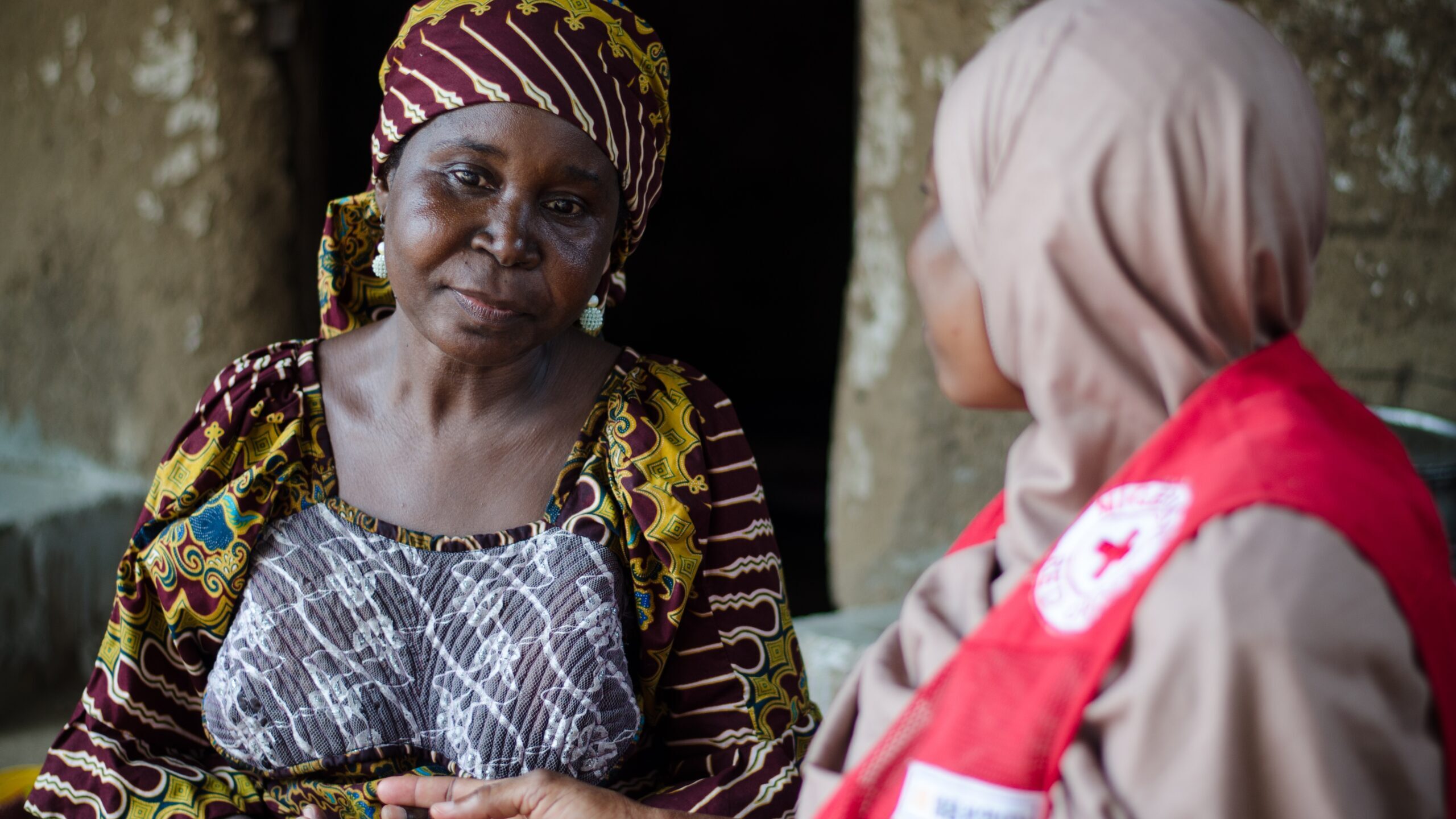
Translating knowledge to action
7
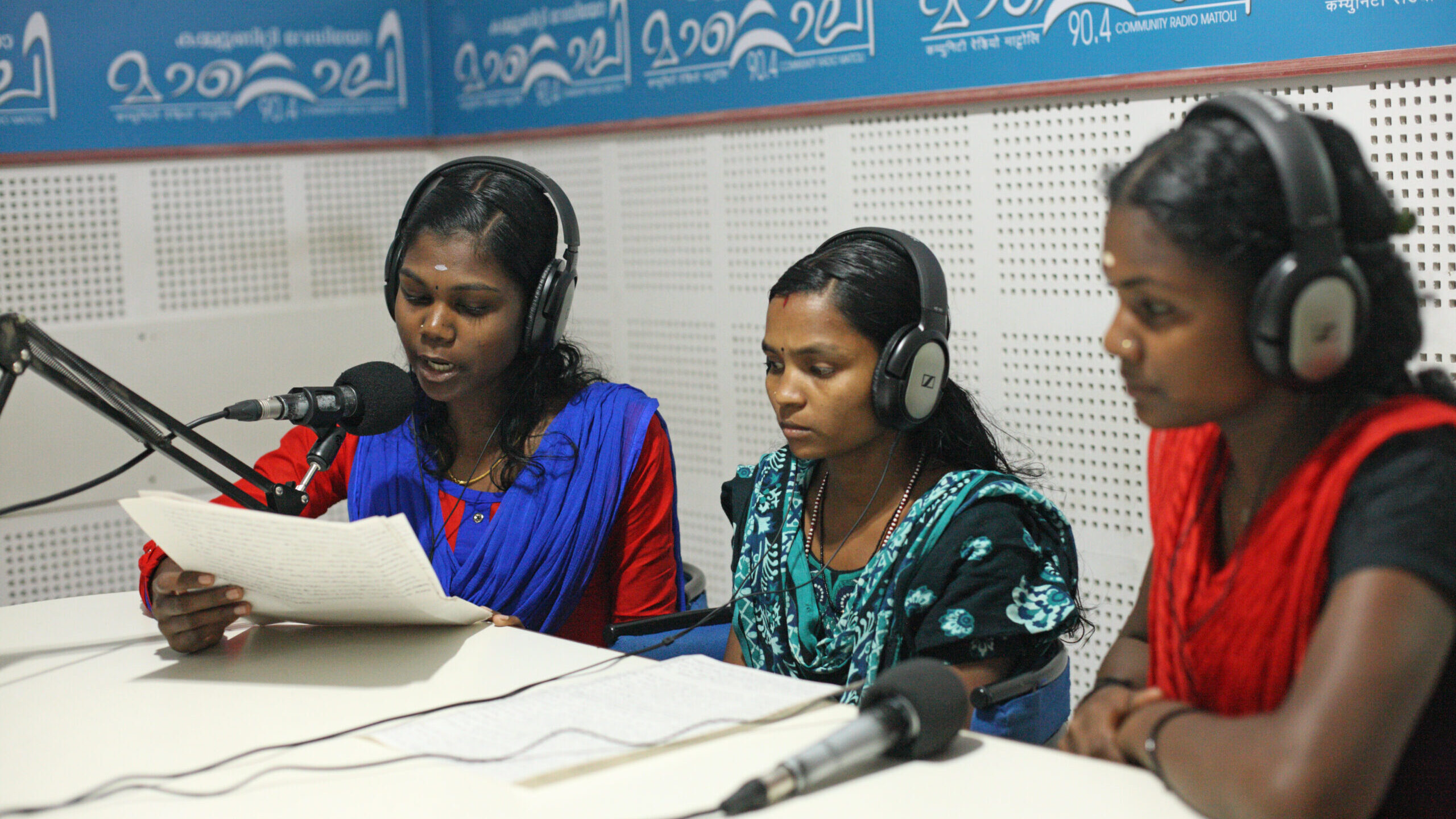
Tracking the uptake of socio-behavioural evidence
Contact
Maureen McKenna
Global Coordinator
The Collective Service
Acknowledgement
Development of this training package was led by Anthrologica for the Collective Service. The content was co-produced with partners from the Social Science in Humanitarian Action Platform (SSHAP), the Institute of Development Studies (IDS), Translators Without Borders (TWB), Médecins Sans Frontières (MSF), London School of Hygiene and Tropical Medicine (LSHTM), the International Federation of Red Cross and Red Crescent Societies (IFRC), the Rapid Research Evaluation and Appraisal Lab (RREAL) at University College London (UCL), UNICEF’s Social Science Analytics Cell (CASS), UNICEF’s Social Science for Community Engagement (SS4CE) team, the Centers for Disease Control (CDC), Oxfam and READY at Johns Hopkins University (JHU). Sincere thanks are also extended to the United Nations Volunteers (UNVs) who assisted with reviewing translated materials.

